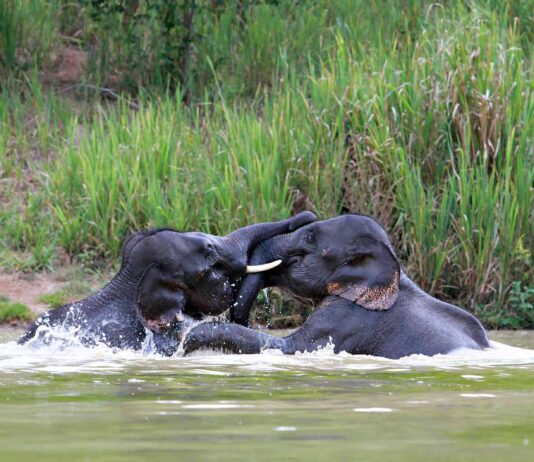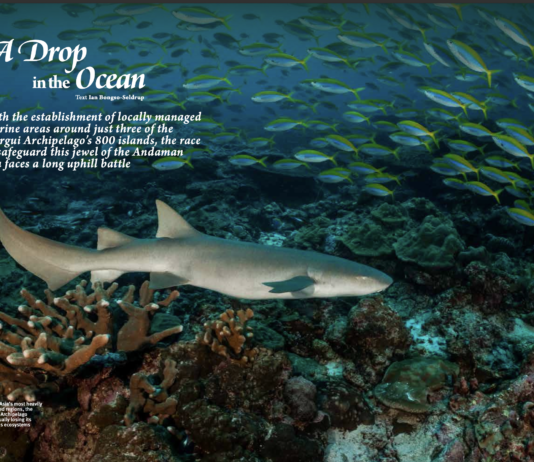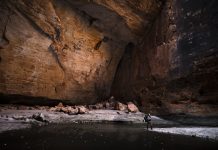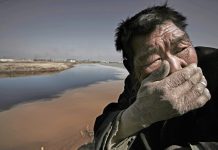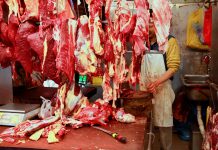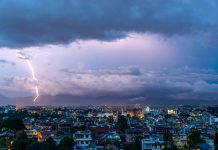A Sustainable Safety Net
Net-Works is an innovative initiative that empowers people in coastal communities to collect and sell discarded nylon fishing nets – with fantastic environmental benefits
Ghost Nets of the Ocean
Huge fishing vessels pipe through the Torres Strait every day, casting their nets and reeling in the bounty. But yet more net drifts along the coast, forgotten but for the animals that become ensnared in it, and the islanders whose paradise wanes with the ocean's suffering. Rising to the call, these ambassadors have woven their message of conservation into stunning works of art.
The Change Makers
Explorer Tim Jarvis recalls getting lost in the bush in Malaysia at the age of 12, and finding his way home by walking east towards the coast. “I always carried a compass with me. I remember finding my way through a section of jungle in Johor, and it gave me a real sense of satisfaction having done that. That feeling of resourcefulness that you can negotiate the outdoors with a bit of skill and self-reliance really stuck with me.”
The Ghost Lands
The Lyakhovsky Islands are home to a high concentration of mammoth remains, drawing tusk hunters and palaeontologists to their icy, barren shores
Walking the Wilds
Sarah Marquis tells Asian Geographic about her expeditions walking around the world – solo
The Elephant in the Room
The size of the human population – currently at an estimated 7.4 billion people – sets the scale of human behaviour and its concomitant environmental impact. According to a United Nations report, the human population could reach 9.7 billion by 2050, and over 11 billion by 2100, but it could be anywhere between 6.7 billion at the low end, and over 16 billion at the high end.
The Meat of the Matter
The Hong Kong government’s web page on climate change details its initiatives in this area and lists ways individuals can take action, such as recycling. At no point is there any mention of meat. And yet, the livestock sector accounts for a hefty 15 percent of global greenhouse gas (GHG) emissions – more than the emissions from all cars, planes, trains and ships combined – says the United Nation’s Food and Agricultural Organization.
Leading the Charge
Nepal offers an unusually positive example of a poor country whose strategies for development are simultaneously addressing climate change. It isn’t immediately obvious travelling through polluted Kathmandu, but a more careful look at the country as a whole reveals striking success at creating an all-renewable electricity system, a growing fleet of electric vehicles and motorbikes, renewable cooking systems, and a reforestation programme that is rapidly bringing forests back all across Nepal.


